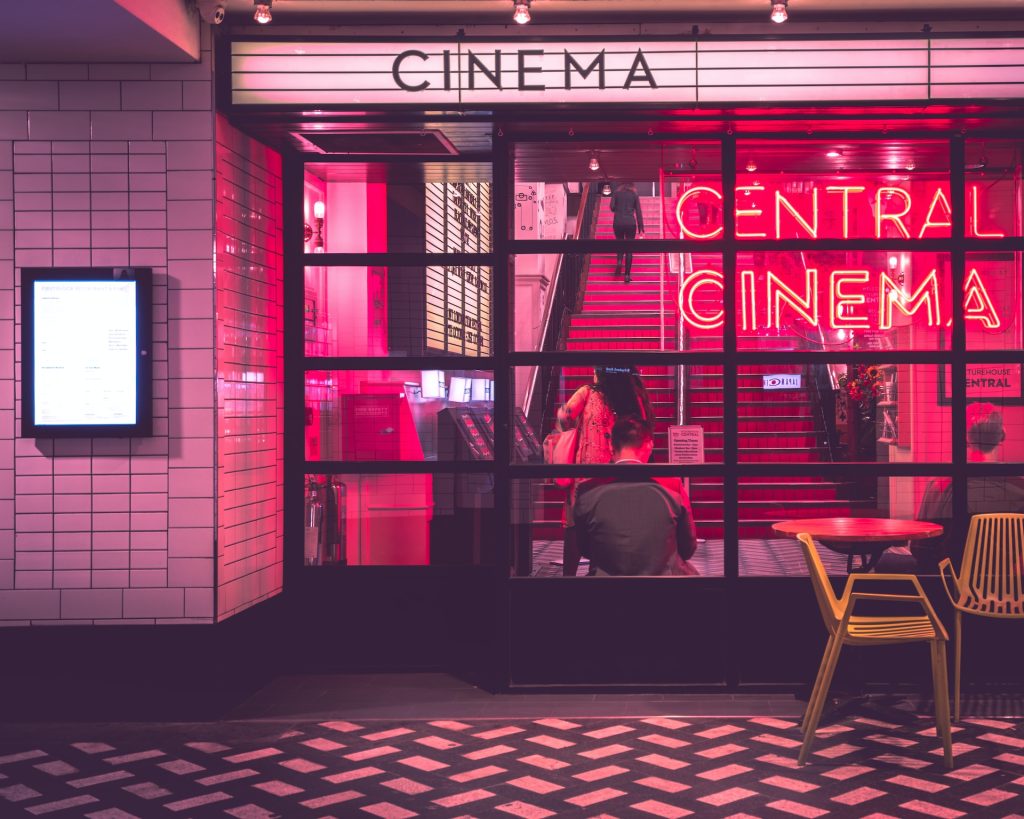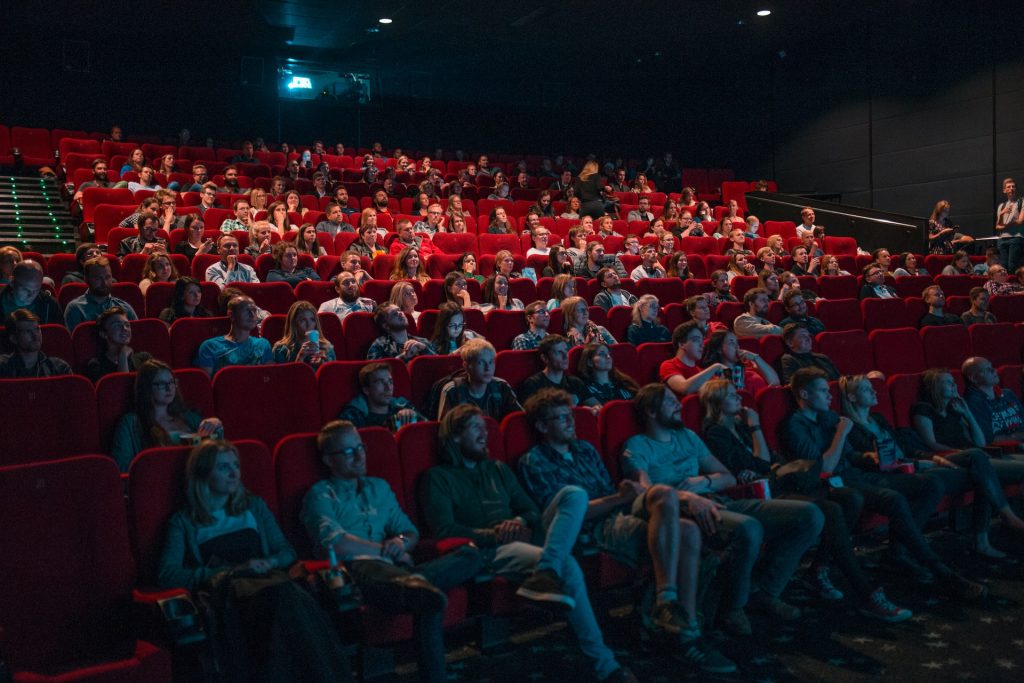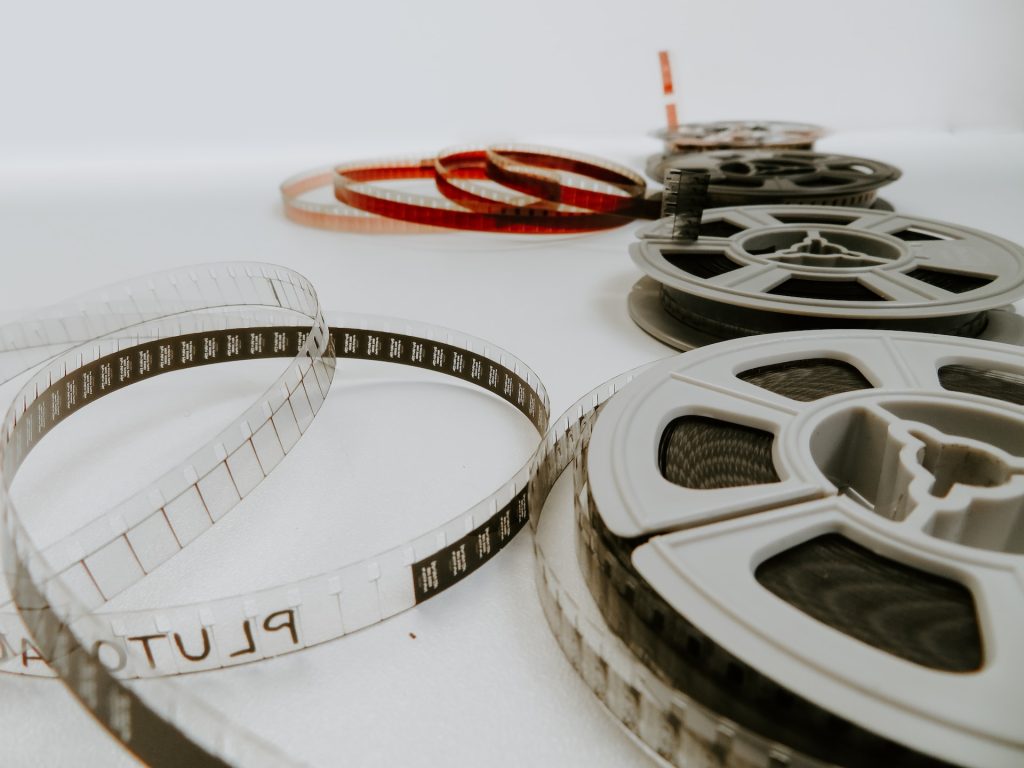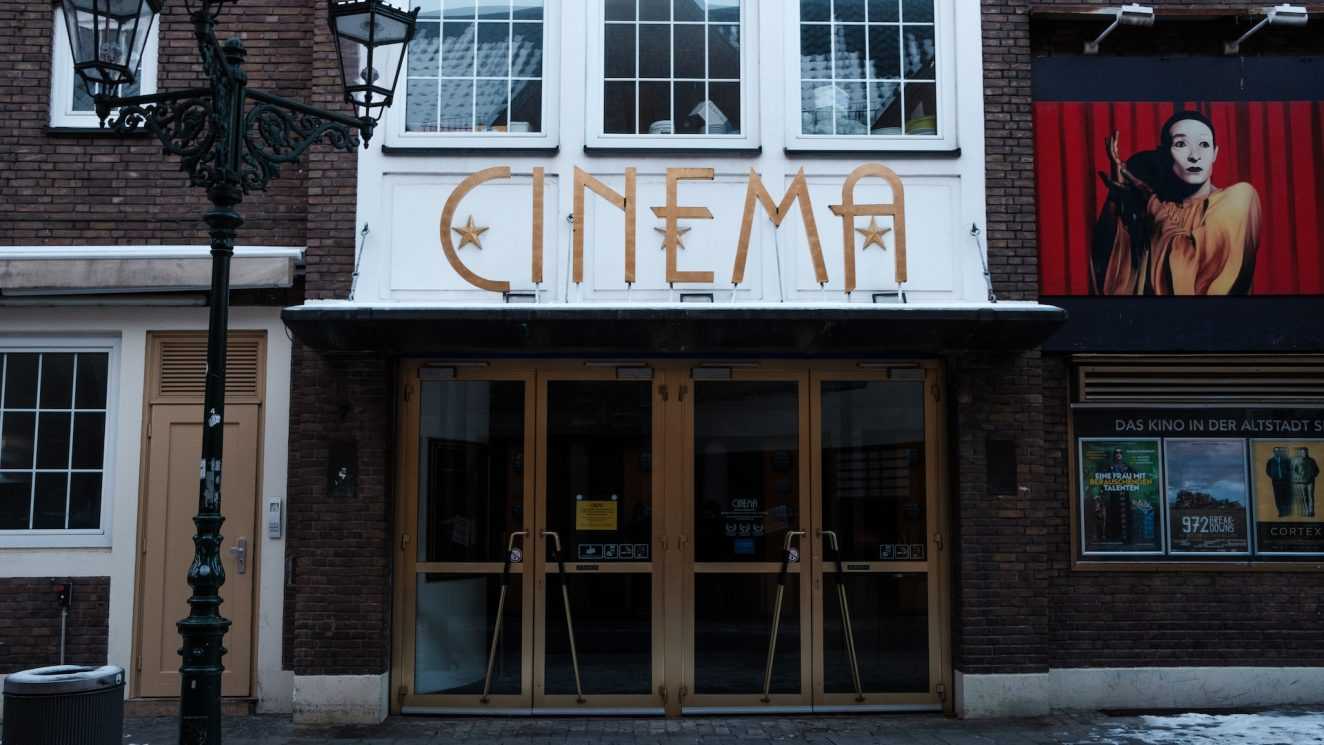The intriguing world of cinema has been captivating audiences worldwide for over a century, offering thrilling escapes, heartwarming tales, and thought-provoking stories. From its humble beginnings to the cutting-edge blockbusters of today, the history of cinema is a fascinating journey. In this blog post, we’ll explore the fun facts, intriguing history, and enduring allure of movies, theaters, and the art of storytelling through the lens.

Birth of Cinema: A Leap into the Unknown
The origins of cinema can be traced back to the late 19th century, but it was a leap into the unknown. Early pioneers experimented with motion pictures, setting the stage for an industry that would revolutionize entertainment.
- The Lumière Brothers: Auguste and Louis Lumière, French inventors, are often credited with the first public screening of a motion picture in 1895. Their short film, “Workers Leaving the Lumière Factory,” astounded viewers and marked the birth of cinema.
- George Méliès: Georges Méliès, a magician turned filmmaker, wowed audiences with his imaginative and pioneering work. His film “A Trip to the Moon” (1902) remains a classic example of early cinematic magic.
Fun Facts About Cinema
Now, let’s dive into some fun and intriguing facts about the world of movies and theaters:
- First Movie Theater: The world’s first movie theater, Kinetoscope Parlor, opened in Paris in 1894. It charged a fee to watch films through a peephole, a far cry from today’s sprawling multiplexes.
- Silent Era Masterpieces: Silent films were known for their innovative storytelling. One such masterpiece is “The General” (1926), starring the legendary Buster Keaton, celebrated for its stunning train chase sequence.
- First Color Movie: “The Wizard of Oz” (1939) was one of the earliest full-color feature films, creating a vivid and enduring cinematic world.
- Hitchcock’s Cameos: The iconic director Alfred Hitchcock made cameo appearances in 39 of his films, establishing a unique and enjoyable tradition for moviegoers.
- Most Expensive Movie: “Pirates of the Caribbean: On Stranger Tides” (2011) holds the record as the most expensive film ever made, with a budget exceeding $378 million.
- First Feature Film: “The Story of the Kelly Gang” (1906), an Australian production, is considered the world’s first feature-length film, running for over an hour.
Cinematic Evolution: The Golden Age and Beyond
The Golden Age of Hollywood, spanning from the 1920s to the 1960s, was a time of unparalleled creativity, producing timeless classics, legendary actors, and glamorous film studios. The era introduced us to luminaries like Clark Gable, Audrey Hepburn, and Humphrey Bogart, and iconic films such as “Gone with the Wind” (1939) and “Casablanca” (1942).
As technology advanced, so did the art of storytelling. The introduction of sound in the late 1920s brought an auditory dimension to cinema, propelling movies into a new era. The release of “The Jazz Singer” (1927) marked this significant shift, and silent films soon gave way to the era of talkies.
The 1950s and 1960s saw the rise of the epic blockbuster, with movies like “Ben-Hur” (1959) and “Lawrence of Arabia” (1962) showcasing grand spectacles on the silver screen. Meanwhile, legendary directors like Akira Kurosawa and Federico Fellini left an indelible mark on the art of filmmaking.

Why Cinema Still Matters Today
In a world filled with an ever-expanding array of entertainment options, cinema remains a beloved and enduring form of storytelling. Here’s why it continues to captivate audiences:
- Escapism: Cinema offers an immersive escape from reality, transporting viewers to different worlds, times, and adventures.
- Emotional Impact: Movies have the power to evoke a wide range of emotions, from laughter to tears, making them a deeply personal and collective experience.
- Social Connection: Going to the movies is a social activity, fostering connections with friends and family, and providing shared experiences.
- Artistic Expression: Filmmakers use cinema to express their creativity and convey profound ideas. The visual and auditory elements of movies create a unique and powerful art form.
- Cultural Relevance: Movies often reflect and comment on the current cultural and societal issues, making them a source of reflection and dialogue.
- Memorable Characters: Iconic characters like Indiana Jones, Harry Potter, and Darth Vader become lasting symbols in popular culture, enriching our lives with memorable moments.
- Technology Advancements: Technological advances continue to reshape cinema, introducing innovations like CGI, 3D, and IMAX, enhancing the cinematic experience.
The Magic of Theaters
While streaming services and home theaters have expanded accessibility, the allure of the traditional cinema experience endures. Here’s why theaters remain a beloved venue for moviegoers:
- Big Screen Experience: Theaters offer larger-than-life screens that immerse viewers in the movie’s world, with powerful sound systems enhancing the sensory experience.
- Community and Tradition: Going to the movies is a cherished social tradition, connecting people through shared screenings and discussions.
- Exclusivity: Theatrical releases provide exclusive access to new films before they are available for home viewing.
- Nostalgia: The ambiance of movie theaters, from the popcorn smell to the dimmed lights, evokes a sense of nostalgia and wonder.
- Sense of Occasion: Movie theaters create a sense of occasion, turning a film into an event that lingers in memory.

Cinema is not just a form of entertainment; it is a cultural, artistic, and emotional phenomenon that has left an indelible mark on the world. From the Lumière brothers’ pioneering steps to the mesmerizing visuals of modern blockbusters, the journey of cinema is an extraordinary tale of human creativity and storytelling.
The magic of cinema continues to endure, offering us a gateway to new worlds, a canvas for human emotion, and a mirror to our society. It brings us together, captures our hearts, and, in the words of film director Jean-Luc Godard, reminds us that “cinema is the most beautiful fraud in the world.” So, the next time you find yourself in a theater, with popcorn in hand and the lights dimmed, take a moment to appreciate the enduring legacy of cinema and the captivating stories yet to be told.





